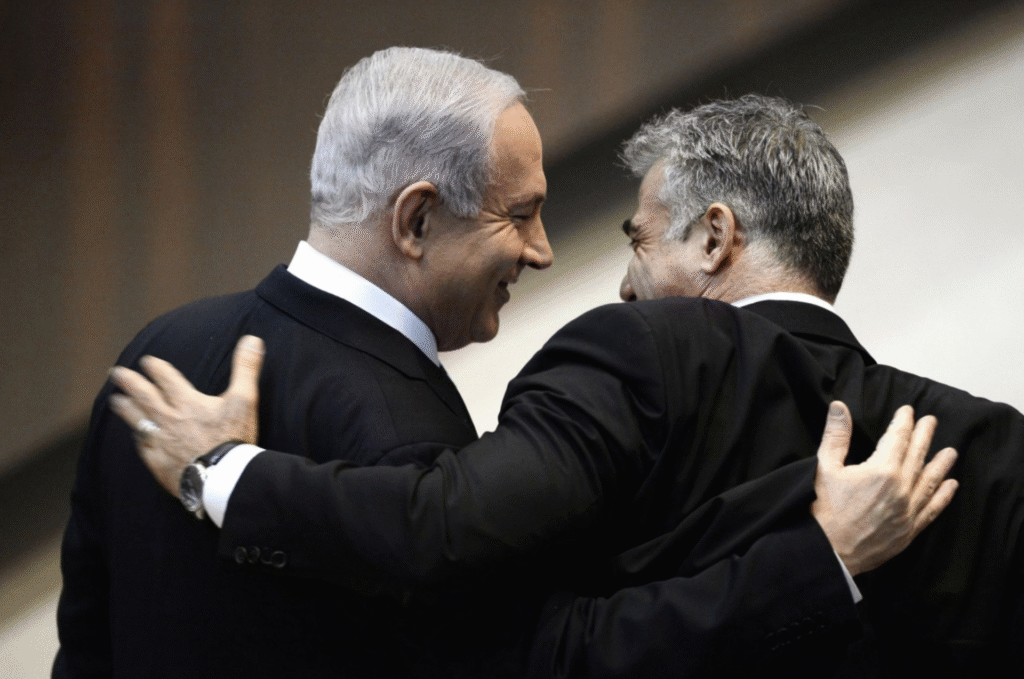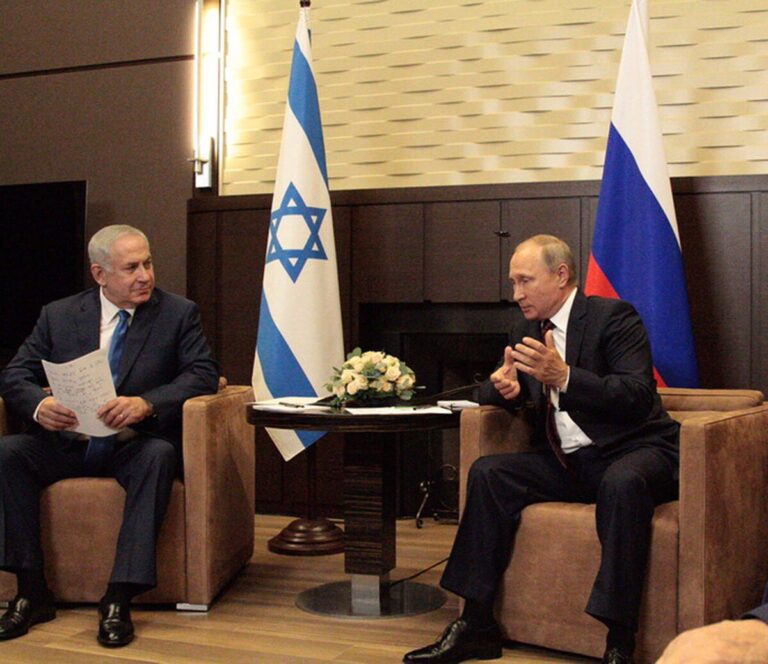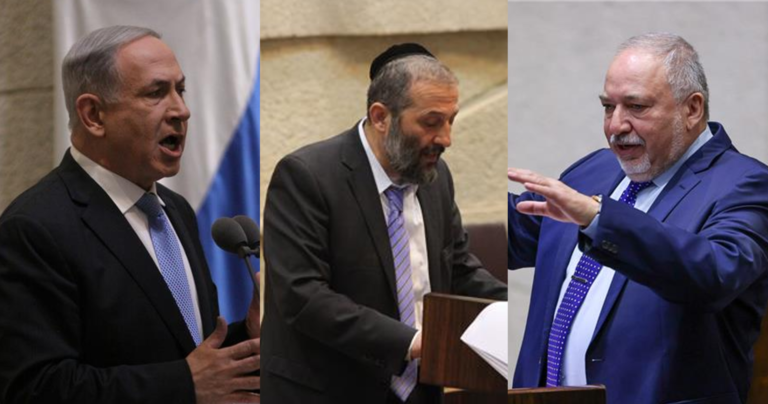While Israel has been struck by polarization in recent years, the war with Iran managed to break through the noise—leading to support across the political aisle for the operation. It may be wishful thinking, but could the war help reduce polarization in the Jewish state?
I explored this in my Shabbat column for Yedioth Ahronoth, an excerpt of which is below.
***
During 12 days of war with Iran, the air was filled with the sound of sirens—but almost entirely free of toxicity. I wasn’t alive during the 1967 Six-Day War, nor did I dance in the streets following the UN Partition Plan twenty years prior, so I’ve never experienced a similar atmosphere of unity. On October 7, the sense of unity was out of necessity. In June 2025, it was by choice.
Even the few who chose to spread poison mostly marked themselves in infrared. Suddenly, it became very easy to see who supported Israel despite their opposition to Netanyahu, and those whose hatred for the prime minister made them grimace when the country was winning. The heads of the opposition parties in the Knesset proved they belong to the former, and my impression is that they will not lose politically from the support they gave Netanyahu while under fire.
Meanwhile, some of the protest leaders who, in the midst of the opening strike against Tehran, insisted on obsessing over questions like who entered the bunker, and who seemed as if a doctor had prescribed them a lemon-only diet, may have a harder time recovering. Everyone saw it. This also applies to some on the other side—those who seemed more excited about defeating the pundits’ predictions than defeating the Iranians.
As for the coalition, it would be wise for it to drop hopeless legislative initiatives that are good only for the primaries, and to stop firing the Davidka mortars—ones that make lots of noise but bring no change.
This is not 1967, and there aren’t many figures around like Menachem Begin or Levi Eshkol, so we shouldn’t count on this atmosphere continuing. But we can hope that one conclusion from Israel’s war against an existential threat will be to stop putting the most extreme, fanatical figures—those who thrive off the conflict rather than its resolution—at the head of our camps.
Identifying signs, for example, are those who spend too many hours on Twitter, and who focus on personalities instead of ideologies. Most of the public doesn’t see the other side as “death eaters” or “kaplanists,” and if you’re unsure whether a tweet was written by a real person or an Iranian bot—that’s a sign you should probably ignore it.
In the last election, Israel saw a record-breaking statistic: 99.2 percent of votes went to parties that had already declared which political bloc they belong to and with whom they would never sit. To us, this seems like fate—but just a decade ago, the situation was reversed. Back then—when Yair Lapid, Tzipi Livni, and Ehud Barak sat with Netanyahu—the main criticism of politicians was that they showed too much flexibility, not too little. And that accordion, which in recent years was pulled open so wide it nearly tore, was then closed tight.
It seems to me that both ends of the accordion are starting to draw closer again. Maybe that’s wishful thinking, but whoever fails to pick up the sound and dance will lose the next election. Contrary to the rumors, those elections are still far away enough that there’s time to recalculate the route.









